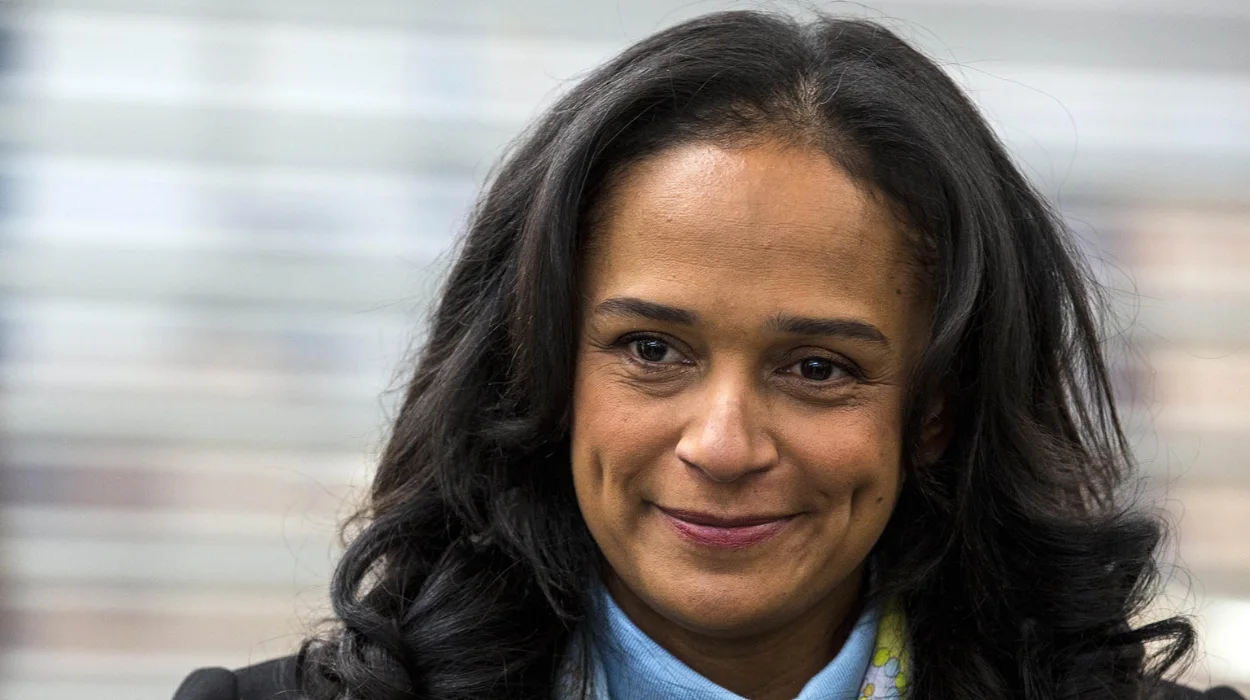This investigation reveals how Dubai’s real estate market continues to serve as a vault for illicit wealth, particularly involving high-profile political and business elites like Isabel dos Santos. Despite international asset freezes and Interpol notices, figures such as dos Santos persist in using Dubai’s opaque property sector to conceal their wealth, exploiting Dubai’s lax regulatory environment and complex ownership structures. This ongoing scandal underscores Dubai’s role as a global hub for money laundering and illicit financial flows.
Dubai’s Role as an Illicit Wealth Haven
Dubai has long been a magnet for wealthy individuals seeking privacy and minimal regulatory oversight, making it a preferred destination for money laundering. Its real estate market, in particular, offers an ideal avenue for hiding illicit funds through shell companies, proxies, and complex ownership structures that obscure true ownership. The city’s relatively relaxed anti-money laundering regulations, combined with the ease of acquiring and transferring high-value properties, enable elites from around the world to legitimize illicit gains and diversify their assets in luxury properties.
Read AML Network’s exclusive report:
Report: Global Web of Corruption: 262 Individuals from 38 Countries Nailed in Dubai Real Estate Scandal
Mechanisms of Money Laundering in Dubai Real Estate
Wealthy individuals employ shell companies—often registered in offshore jurisdictions—to purchase properties in Dubai, thus shielding their identities and origins of wealth. Proxy owners and nominee shareholders further complicate ownership records, making direct links to illicit activity difficult to establish. Transactions are carried out via opaque financial networks, with funds typically transferred through multiple jurisdictions to obscure their source. Once acquired, these properties can be leased or sold, generating legal income streams that seem legitimate and further mask illicit origins.
Isabel dos Santos: The Archetype of Illicit Wealth Concealment
Background
Isabel dos Santos, the eldest daughter of Angola’s deposed President José Eduardo dos Santos, has become emblematic of political elite corruption tied to Dubai property holdings. Once considered Africa’s richest woman, her influence and wealth were built through a series of lucrative state contracts, privatizations, and business dealings during her father’s rule. Despite ongoing investigations and asset freezes in Angola, dos Santos has maintained a lavish lifestyle, prominently on Dubai’s waterfront, reflecting her continued exposure in the global illicit wealth landscape.
Alleged Sources of Wealth
Her significant wealth allegedly stems from state contracts, preferential business deals, and possibly embezzlement of public funds. International investigations suggest that her fortune was amassed through opaque transactions involving multiple offshore entities and companies based in tax havens. Dubai’s real estate market offers her a safe haven to park her wealth, away from legal scrutiny.
Dubai Real Estate Investments and Methods of Concealment
Since 2009, dos Santos has acquired multiple properties in Dubai, notably on the waterfront in Dubai Marina. One such property is a two-bedroom apartment in the Sadaf complex, purchased for approximately $163,000 in 2009, with subsequent assets linked to her and her mother, Tatiana Kukanova, including additional units purchased for hundreds of thousands of dollars. Ownership is typically registered under offshore companies and nominee agents, making public ownership records opaque and difficult to trace back to her illicit origins. The properties are often leased out, generating rental income that further obscures the true source of wealth.
Dubai’s Regulatory Environment and Its Enabling Role
Dubai’s permissive regulatory framework allows anonymous ownership and minimal transparency, which facilitates money laundering activities. The absence of comprehensive public registries of beneficial ownership, combined with the widespread use of shell companies, creates an environment where illicit wealth can be stored and laundered with relative ease. Although recent reforms mandate reporting of high-value transactions, enforcement remains inconsistent, and loopholes continue to be exploited by elites seeking refuge from legal and political pressures.
Broader Implications for Governance and Global Integrity
The ongoing use of Dubai as a haven for illicit wealth impacts not only the home countries of these elites—such as Angola—but also undermines global efforts to combat money laundering and corruption. It fuels economic inequality and hampers governance reforms, while reducing the transparency and accountability needed for fair and legal financial systems worldwide.
This investigation confirms that Dubai’s real estate industry remains a critical conduit for political and business elites seeking to hide illicit wealth. Figures like Isabel dos Santos exemplify how offshore companies and opaque ownership structures enable high-level corruption to persist beyond borders. To combat these practices, international cooperation, enhanced transparency requirements, and stricter regulatory oversight are essential. Only through greater accountability and reform can Dubai’s real estate market effectively sever its link with global financial crime and restore its reputation as a legitimate financial hub.


